Here is a great gift idea: R. Crumb’s Heroes of Blues, Jazz & Country, which my brother gave to me for my birthday.
The small format book features Crumb’s unmistakable artwork, great information on the artists and a CD with seven songs from each genre.
The beauty of the book is that the artists featured range from the usual suspects (Louis Armstrong, WC Handy, Coleman Hawkins, Big Bill Broonzy, etc.) to complete unknowns. In fact, it is unlikely that you have heard of more than a handful of people and bands Crumb features. But if you listen to virtually anything — from Eric Clapton to Kenny G. to Little Big Town — you are listening to the descendents of these folks.
The names suggest an earlier and more innocent America: Whistler & His Jug Band, Bannon’s Jug Stompers, Barbecue Bob, Joe “Wingy” Mannone (whose nickname derived from the fact that he had only one arm), Peg Leg Howell, Hoyt Ming and His Pep Steppers, Fiddlin’ Powers & Family, the Leake County Revelers and, of course, the Happy Hayseeds.
Mannone, by the way, apparently didn’t take offense. His autobiography is entitled “Trumpet on the Wing.”
There are more than 100 short profiles, each with art by Crumb. The photographs he used in many cases are posted with the audio at YouTube. Crumb was controversial — was he an antisemitic racist or a satirist? — but an important and great artist.
The book points out that early recordings almost always were made by people who had other jobs. Indeed, most only recorded once. It’s fascinating to hear the earliest recorded music in each genre. Anything earlier is lost to the ages. At a random point in history, technology caught up to music and the modern age began. The start was characterized by scratchy sounding instruments, disembodied sounding voices – and great musicianship. Think of what came before that we never will hear.
It all is reminescnt of the story of Buddy Bolden, the New Orleans cornet player who lived from 1877 to 1931. Bolden is acknowledged to be a key figure in the evolution of jazz. No known recordings exist and he therefore has taken on mystic proportions. The Wikipedia entry says that some claim that one phonograph cylinder was made. Maybe it sits today in someone’s attic or will turn up at a garage sale.
The music played by the folks profiled in this book seems antiquated. Much of it is great. It’s strange to think that there are many people alive when these recordings were made who still are with use today.
Above is “Sally Gooden,” which was recorded by Eck Robertson and Family in 1922. The song features four members of the Robertson family. The capsule in the book says that it is the first commercial recording of American music. The label uses the spelling “Sallie.” I believe the song is a bluegrass standard.
Below is “Pistol Blues,” which was recorded by Bo-Weavil Jackson in 1926.

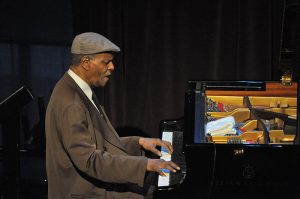
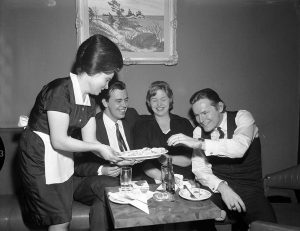
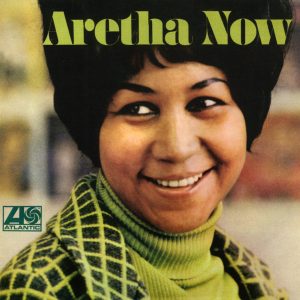
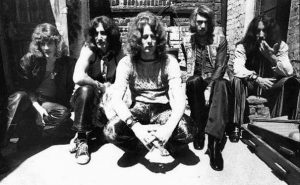



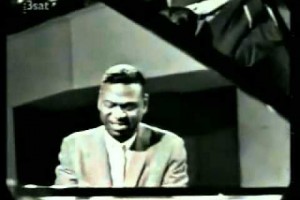

Add Comment